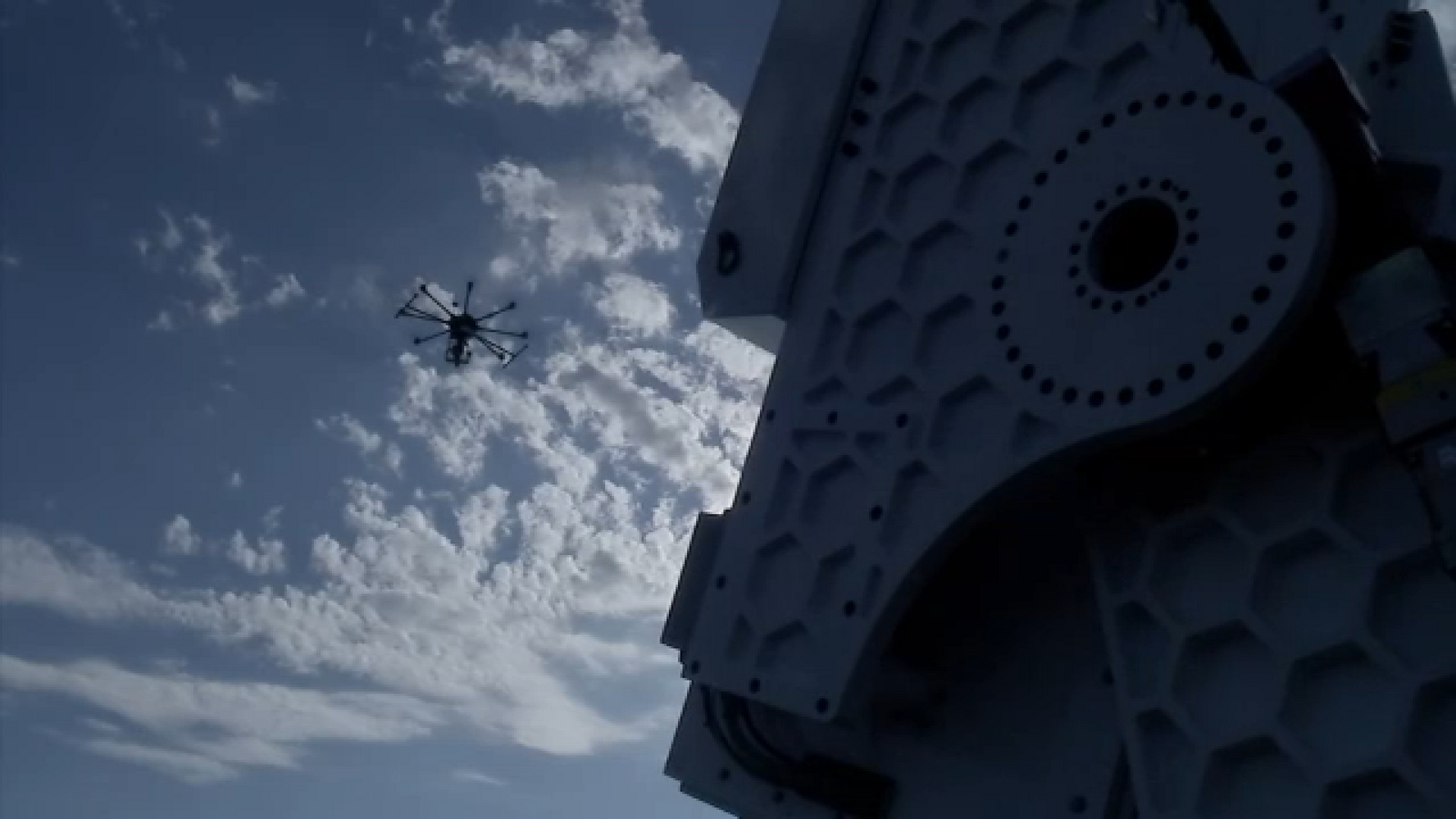Tesla Faces $243 Million Verdict in Florida Autopilot Crash: Family Seeks Justice After Fatal Accident

Tesla Ordered to Pay $243 Million in Landmark Autopilot Case
In a significant ruling with far-reaching implications for the electric vehicle industry, a federal jury in Miami has ordered Tesla to pay over $243 million to the families of victims in a 2019 fatal crash. The verdict stems from a lawsuit alleging that Tesla’s Autopilot driver-assist technology played a role in the accident, which tragically claimed the life of 22-year-old Naibel Benavides Leon and left Dillon Angulo with severe injuries.
The Incident and the Lawsuit
The incident occurred in Florida when a Tesla Model 3, operating with Autopilot engaged, collided with a tow truck stopped on the side of a highway. The impact resulted in the death of Benavides Leon, who was a passenger in the Tesla, and serious injuries to Dillon Angulo, the driver. The families of the victims subsequently filed a lawsuit against Tesla, alleging that the Autopilot system was defective and contributed to the crash.
Jury's Decision: Autopilot Found Partially at Fault
After a lengthy trial, the jury reached a unanimous verdict finding Tesla’s Autopilot technology partly responsible for the accident. The jury awarded over $200 million in damages, with additional amounts added for pain and suffering, lost wages, and other related expenses, bringing the total to $243 million. This is a substantial sum, reflecting the severity of the injuries and the tragic loss of life.
Tesla's Response and Future Implications
Tesla has strongly contested the verdict, with representatives calling it “wrong” and stating they intend to appeal. The company maintains that Autopilot is designed to assist drivers, not replace them, and that the driver is ultimately responsible for maintaining control of the vehicle. However, this case raises crucial questions about the safety and reliability of driver-assist technologies and the extent of manufacturer liability in accidents involving these systems.
What This Means for Autopilot and the Future of Autonomous Driving
This verdict is likely to have a significant impact on Tesla and the broader autonomous driving industry. It could lead to increased scrutiny of Autopilot’s performance and safety features, as well as potential changes in regulations governing the use of driver-assist technologies. Other EV manufacturers will be closely watching the outcome of any appeals, as this case sets a precedent for how manufacturers are held accountable for accidents involving advanced driver-assistance systems. The case underscores the importance of clear communication to drivers about the limitations of these technologies and the need for constant vigilance, even when Autopilot is engaged.
Seeking Justice and Raising Awareness
For the families of Benavides Leon and Angulo, this verdict represents a step towards justice and a recognition of the devastating consequences of this tragedy. The case serves as a stark reminder of the potential dangers associated with autonomous driving technology and the importance of ongoing efforts to improve its safety and reliability. The legal battle is far from over, but this initial verdict marks a pivotal moment in the evolving landscape of autonomous vehicle liability.






